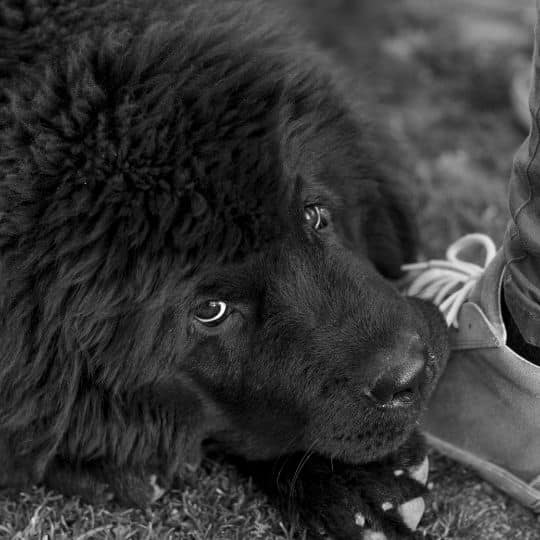Don’t be confused: Puppies are very different from older dogs in these 4 things
Just the way managing grown-ups is dramatically different from managing infants, the same story follows in the world of our fur friends. But unlike humans, puppies and dogs, both speak the same language, so it’s natural for humans to make the mistake of treating them both the same. But now that we have established it is a mistake, it’s time to take the next step: understanding how exactly it is a mistake.
1. The immune system is very different among puppies and dogs

In the matter of immunity, dogs perform quite like humans. The smaller the dog, the lower is their immunity power. It is essential for you as a pet owner to take care of your puppy in the initial days.
Much like children, puppies are prone to becoming sick more often as compared to a fully-grown dog.
Should you regularly check up on your puppies’ health?
The only answer is- yes! As puppies have a fragile immune system, you might be required to take your puppy to the vet frequently. Being a responsible pet owner, taking your puppy to the vet on a monthly basis is very important.
2. Training a puppy is easy

Training a puppy is one of the most difficult things that you might have to do as a dog parent. It is often observed that training an adult dog might be relatively easier for a pet owner. [1]
Puppies are playful and are prone to get distracted by the slightest of baits thrown around them. Puppies have a very short attention span as compared to older dogs. Older dogs also have much more self-control, which will help you train them for different commands.
Note: One of the best ways to train your puppy or your older dog is through crate training. If you do not have enough space to place a crate within your living space, you can train them using a fence. Dogs love to have a designated place that they could call their own.
Using a fence would help you to differentiate between your pet’s area and the other sections of your home, which will only help them to feel more secure. It also provides them with an intimate space where your pet can sleep in peace.
3. Puppies and Grown dogs consume the same food!

Do you follow any special diet for your puppy? Are you feeding the same food to your older dog as you fed them when they were a puppy? These are the few things that you should know about. While you might not find any difference between the diet requirement of a puppy and a dog, their dietary requirements are quite different.
Puppies and older dogs differ in the food that they need. Dogs need food to maintain their good health, whereas puppies need nutrients that would suffice their growth. As a result, puppies need food that contains more nutrients. Moreover, it is hard for puppies to chew bones compared to older dogs.
It is often recommended to feed your puppies with kibbles and slowly introduce them to wet food or raw food. Older puppies could be fed with complete raw food.
Note: Pet owners can introduce raw food to their puppies by slowly mixing small amounts of raw food along with kibble.
4. How often should you take them out for a walk?

Dogs must be taken out daily for a brief period of walking. Our furry friends also need regular exercise, just like us! Walking is a form of exercise for your pet. Taking your dog out for daily walks helps to keep fit, strengthens their bones and muscles, lowers their blood pressure, and also helps them to stay away from cardiovascular diseases. [2]
However, the walking routines for puppies and older dogs are quite different. If you own a puppy, one walk a day would be enough. However, if you own a high-energy breed, you might be required to take your puppy out more than once.
For older dogs, pet owners are recommended to take them out for a walk at least 3 to 4 times a day for 15 minutes.
Note: The frequency of taking your dog out for a walk depends on their breed, eating habits, size, and age.
The Verdict
Most of us are proud dog parents, and we’re also a work in progress, aren’t we? Hence, this comprehensive guide would help you to understand what your furry friend exactly needs and would assist you to provide your pet with a healthy life—ultimately making you a better dog parent.

